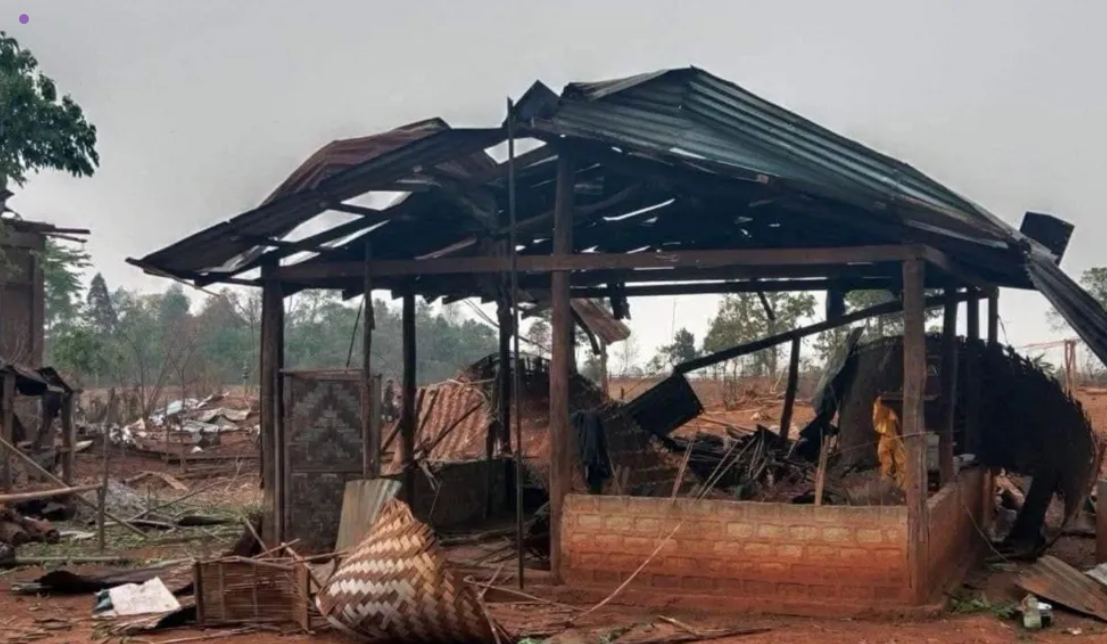(BBC News) Myanmar’s military junta has continued to bomb parts of the war-torn country following the major earthquake there on Friday, which has killed more than 1,600 people.
The UN has described the attacks as “completely outrageous and unacceptable”.
Special Rapporteur Tom Andrews told the BBC that it was “nothing short of incredible” that the military was continuing to “drop bombs when you are trying to rescue people” after the earthquake.
He called on the military regime, which seized power in a coup nearly four years ago, to stop all military operations.
“Anyone who has influence on the military needs to step up the pressure and make it very clear that this is not acceptable,” he said. “I’m calling upon the junta to just stop, stop any of its military operations.”
BBC Burmese confirmed that seven people were killed in an airstrike in Naungcho in northern Shan state. This strike took place around 15:30 local time, less than three hours after the quake struck.
Pro-democracy rebel groups that are fighting to remove the military from power have reported aerial bombings in Chang-U township in the north-western Sagaing region, the epicentre of the quake. There are also reports of airstrikes in regions near the Thai border.
The National Unity Government (NUG), which represents the ousted civilian administration, said in a statement that its armed forces would begin a two-week pause in “offensive military operations, except for defensive actions” in areas affected by the earthquake, from Sunday.
The 7.7 magnitude earthquake that struck Sagaing was also felt in neighbouring countries. It was followed by reports of destruction coming from nearby Mandalay – Myanmar’s second largest city – as well as the capital Nay Pyi Taw, which is more than 241 km away.
The junta says 1,644 people are known to have died and many more are believed to be trapped under rubble.
The quake comes after four years of civil war in Myanmar that followed a military coup in 2021. The coup triggered huge protests, with thousands taking to the streets daily, demanding the restoration of civilian rule.
What initially began as a civil disobedience campaign soon evolved into a widespread insurgency involving pro-democracy and ethnic rebel groups – which eventually sparked an all-out civil war.
Four years on, violent fighting has continued between the military on the one hand, and ethnic armies and armed resistance groups on the other.
Large parts of the Sagaing region, the epicentre of the earthquake, are now under the control of pro-democracy resistance groups.
https://www.bbc.com/news/articles/cy7x7r8m3xlo


